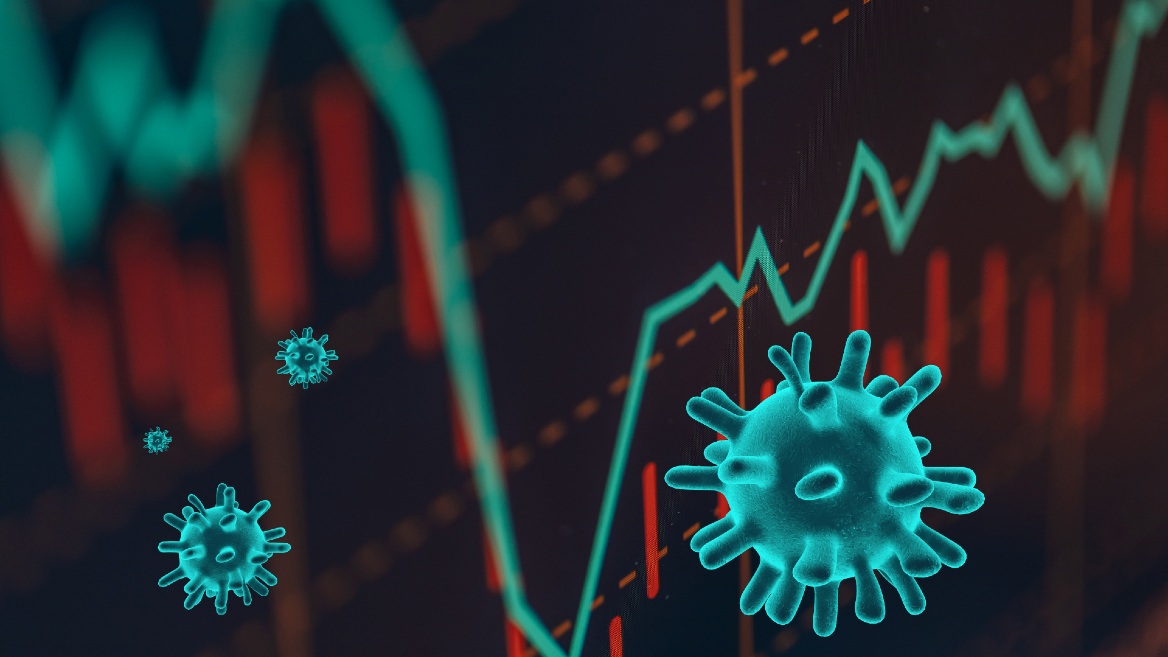The Council of Europe’s MONEYVAL Committee has issued a report aimed at helping the global community to counter new criminal activities which are exploiting the COVID-19 pandemic, including the sale of counterfeit medicines and cybercrime.
The Committee, which specialises in measures to tackle money laundering and terrorist financing, focuses in its new report on threats, vulnerabilities and best practices. The aim is to assist policymakers, practitioners and the private sector in applying a more targeted and effective response to the money laundering and terrorist financing risks in Europe.
The report found that the urgent need to acquire specialised medical equipment and supplies created vulnerabilities for fraud, corruption and subsequent money laundering. Authorities in charge of supervising money laundering and terrorist financing threats have had to find innovative ways to carry out their tasks by using secure electronic means. Nevertheless, international cooperation against money laundering and terrorist financing does not appear to have been negatively impacted by the emergency measures taken to combat COVID-19.
Some findings of the report are also relevant for the general public as a source of information against potential criminal schemes, such as phishing emails, text messages containing links to malicious websites, attachments to obtain personal payment information and social engineering.


